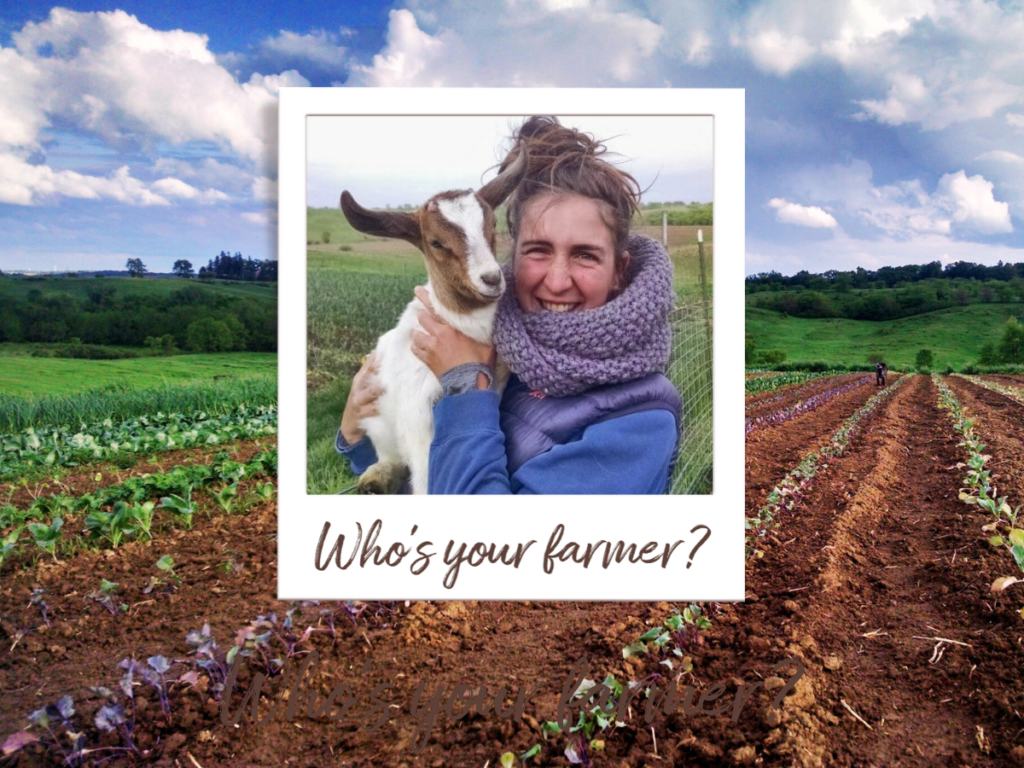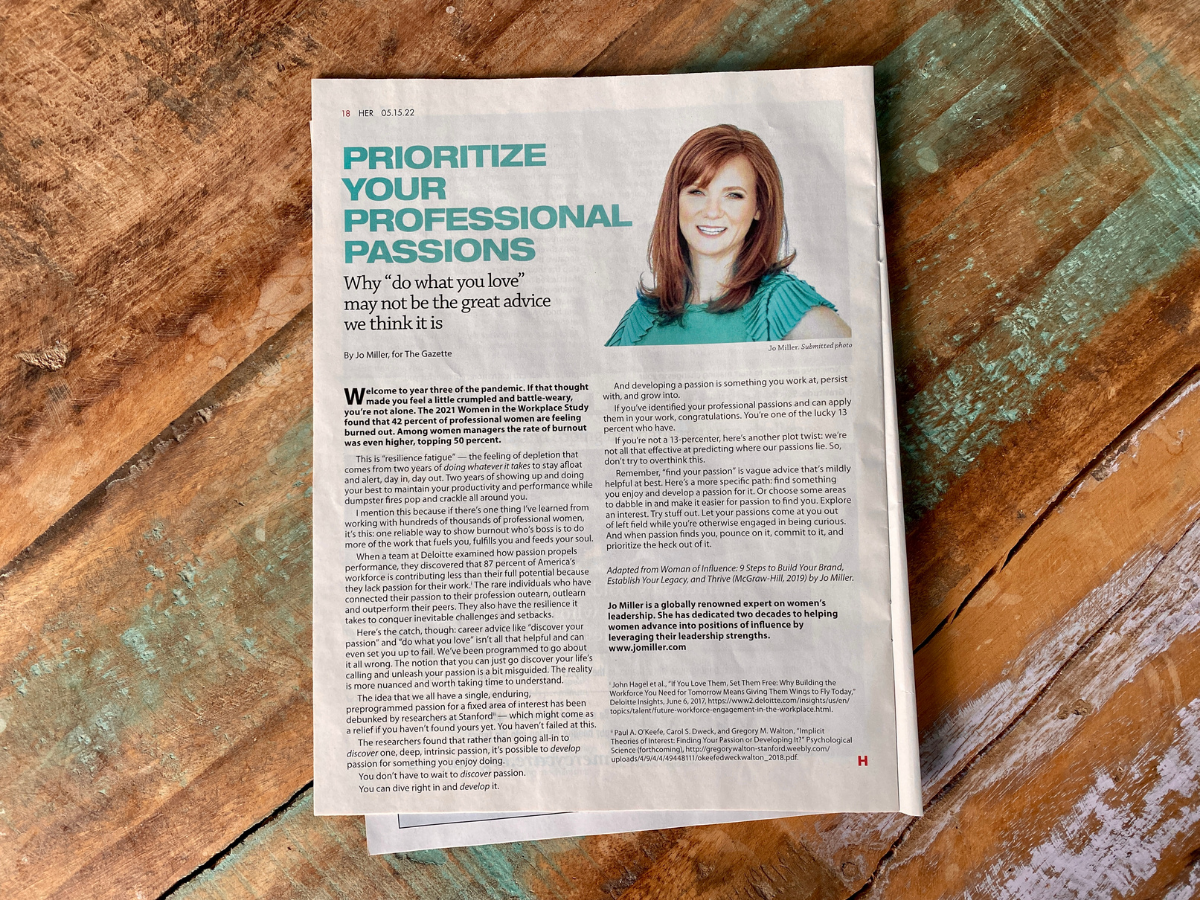Who’s your farmer?
Mine is Carmen Black. She’s the owner of Sundog Farms, an organic vegetable farm in rolling hills near Solon, Iowa.
Carmen was a young aspiring farmer and working for her neighbor, Susan, when Susan announced her intention to retire. Facing down any apprehension about her readiness, Carmen took a leap and purchased the farm in 2016. Since then, Carmen, her sister Maja, and their team have been supplying veggies to 200 families (including mine!)
When Carmen was interviewed on NPR’s All Things Considered she spoke of the all-consuming nature of her occupation. On top of the physical demands, there’s the financial risk, the possibility of extreme weather events, and the need to protect lambs from coyotes. I whispered “badass” to myself so many times as I listened to her speak.
Then Carmen said something that make me gasp audibly: “I had some deer eat over a hundred cabbages in one night. I wasn’t going to let them eat the rest of my cabbages, so I slept in my field for several nights with my dogs.”
An awful thought had occurred to me.
I was always underwhelmed by cabbages. They aren’t cute. They don’t smell great. They can be bitter when raw and boring when boiled.
I’m ashamed to admit I have let at least one cabbage sit on the bottom shelf of my refrigerator for months, unloved and uneaten, frostbitten and wilting, before discarding it for compost. What if it was a cabbage that Carmen slept under the stars to protect?
I’m proud to say that after hearing Carmen’s story I never looked at a cabbage with disdain again. I began looking forward to cabbage season. If you ask me about cabbage now, you’d brace yourself, for I will get evangelistic about cabbage slaw, roast cabbage with walnuts and parmesan, cabbage and sausage casserole, and this one weird leadership lesson learned from a cabbage.
Who’s your farmer?
Is someone in your work team is producing “cabbages”? By which I mean: Is someone going to extraordinary lengths to produce outstanding work that goes unseen or undervalued, and is rightly deserving of more attention?
By now, you no doubt know that calling attention to great work and cultivating a culture of recognition is a proven, powerful way to boost others’ motivation and engagement, and encourage them to grow.
But there are many reasons why people doing great work are overlooked and under-praised. For example:
- They have a quiet mastery in or aptitude for their role, or make it look effortless
- They’re a low-maintenance player among high-drama peers
- Their output isn’t conspicuous or showy or being or talked up by top leadership, though it’s mission-critical
Or maybe they’re not comfortable calling attention to their work. For instance:
- They grew up in a culture where tooting one’s horn is frowned upon
- They were once put down for showcasing a win
- They’ve seen patterns of bias in who gets praised vs. penalized for self-promoting
- They heard a senior leader say “Work hard and you’ll be recognized”
After my breast cancer diagnosis, I learned that the humble cabbage is of the cruciferous family of vegetables being studied for their cancer-prevention potential. Carmen was never going to hand me a heavy brown paper bag overflowing with veggies and point this out, or say “Do you see that cabbage? It will be the sweetest, crunchiest cabbage you’ve ever tasted, and I slept in the field for three nights to protect it.” But damn, I wish she would have.
Don’t rely on team members to make their value known, or assume that those who are most vocal in calling attention to their work are the highest achievers.
Be transparent about what “great work” looks like.
Examine your own biases so you can be equitable in dishing out praise.
Contribute to a culture that recognizes great work, period.
Who’s your farmer?
. . . . .
Listen to the interview with Carmen Black on All Things Considered and follow Carmen, her sister Maja, and Sundog Farm.
(Photo credit: Maja Black)
















